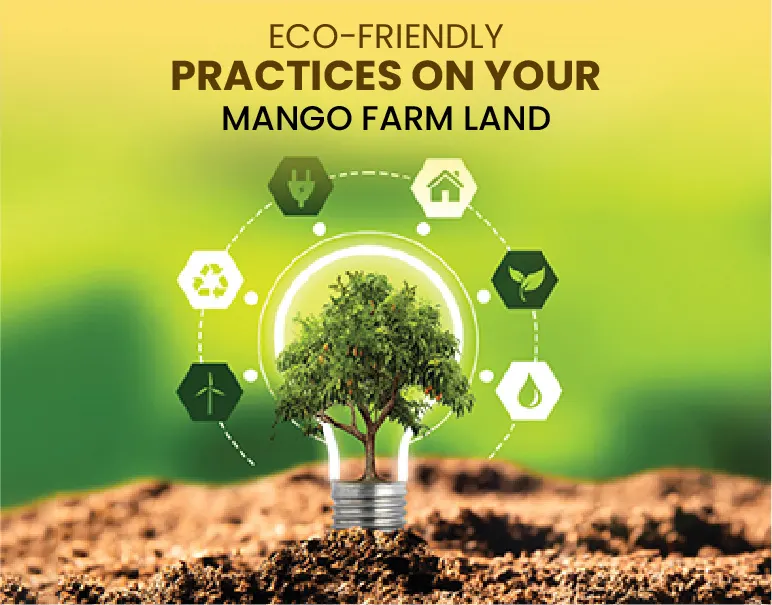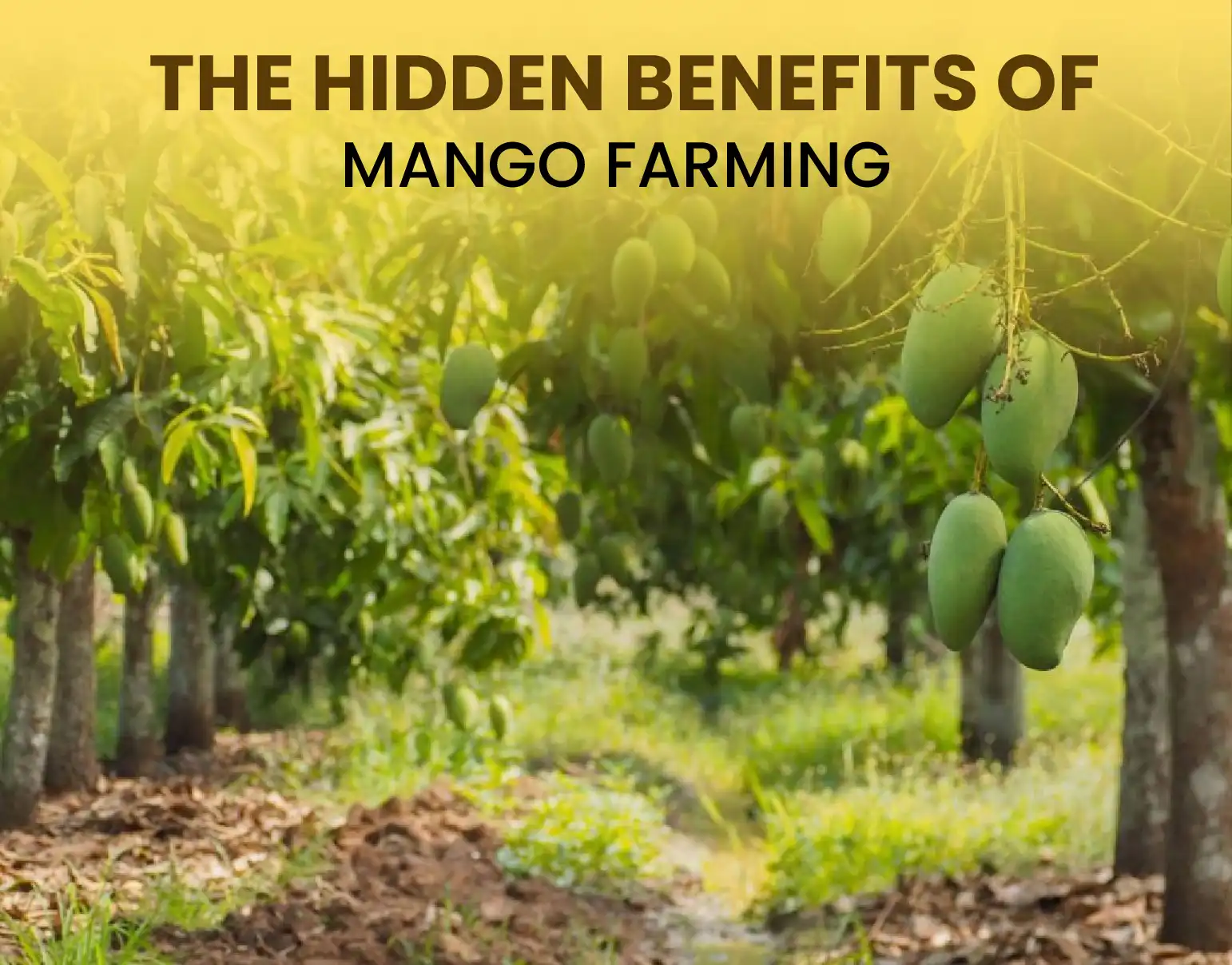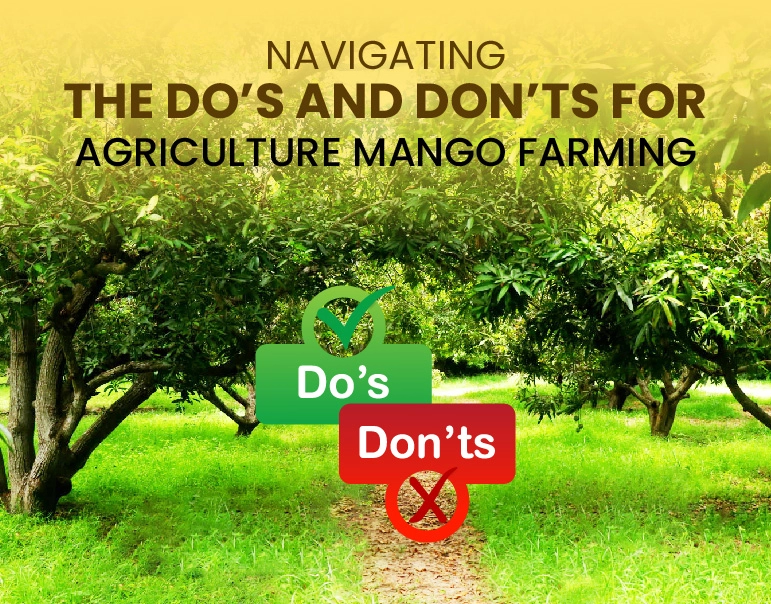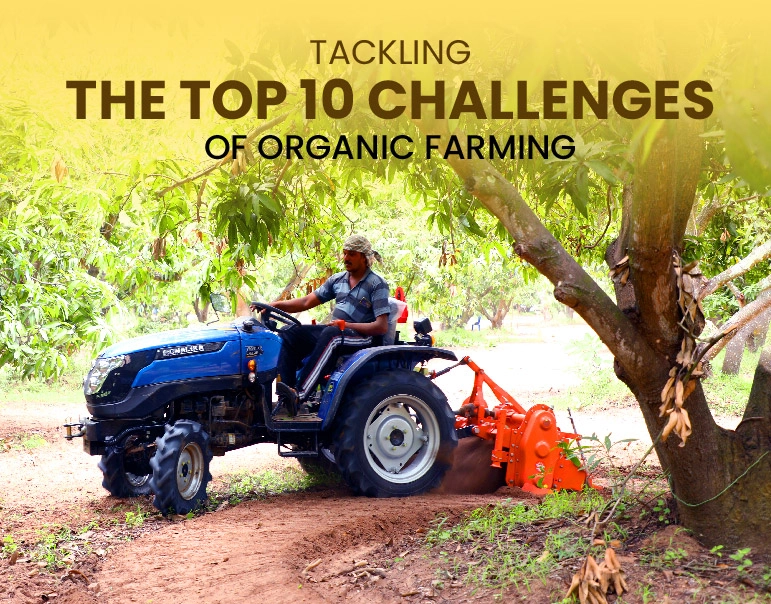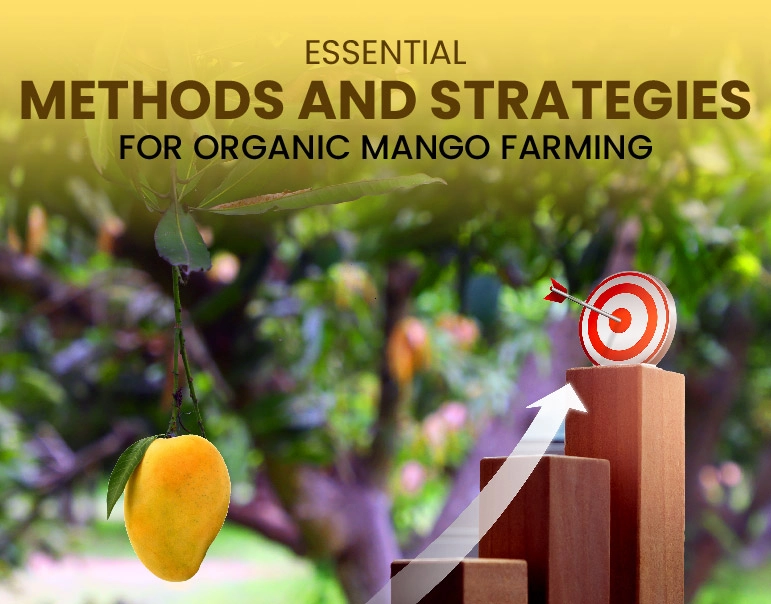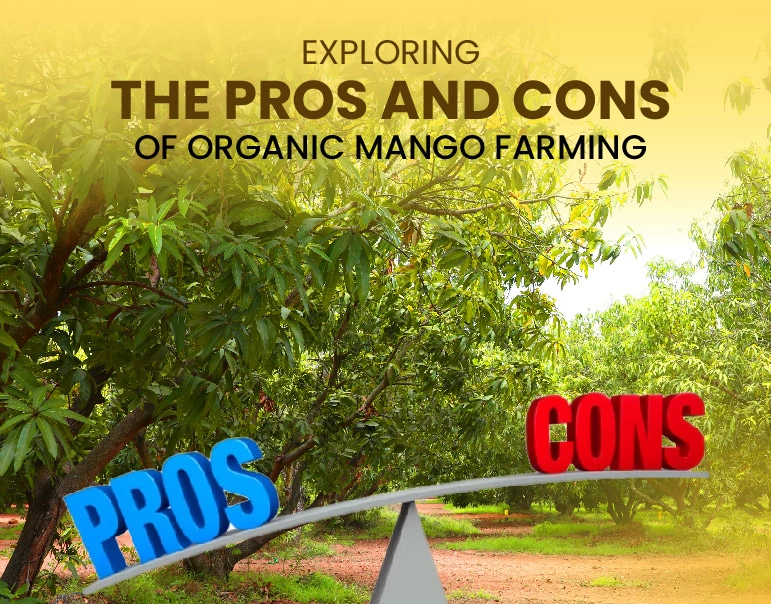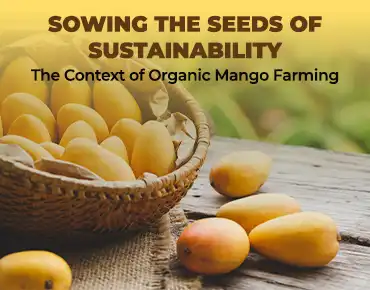Why Mango Farms Are the Future of Fruit Agriculture?
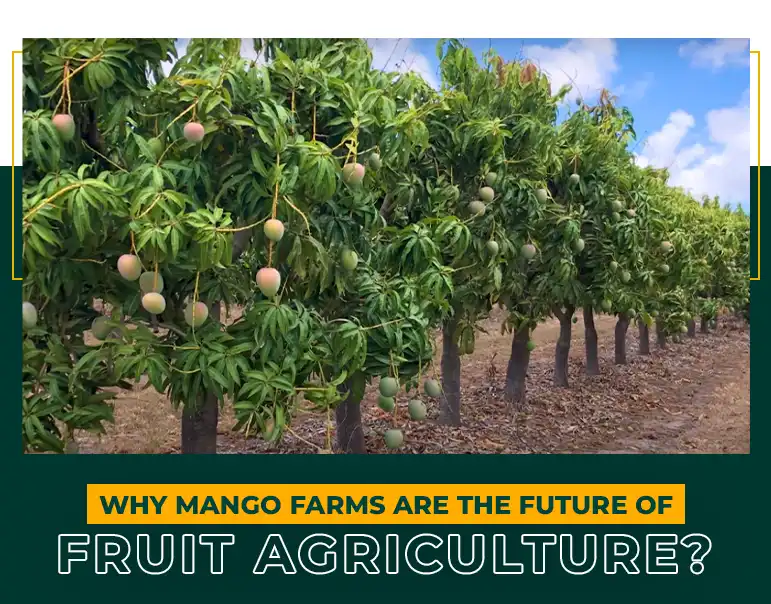

Traditionally known as the "king of fruits," the mango holds a unique position in global agriculture. Mango farming is progressively becoming a viable path for the future of fruit farming due to rising worldwide demand, good economics, sustainability potential, and its adaptation to contemporary agricultural technologies. We investigate in this post the reasons behind mango farms' expected dominance in the agricultural scene in the next few years.
Not only in tropical areas but also in colder climes, mango consumption has expanded tremendously worldwide. Mangoes—fresh or processed into juices, jams, and dry snacks—continue to fly as consumer tastes move toward exotic fruits with nutritional benefits. With growing markets in Europe, the Middle East, and North America, top mango exporters such as India, Mexico, and the Philippines have increased their influence.
Raising health consciousness also contributes to this trend, as mangoes are rich in vital nutrients such as vitamins A and C, dietary fibre, and antioxidants. Smoothies, salads, desserts, and even cosmetics find the fruit's flexibility appealing.
Given high market pricing, mango growing provides excellent returns on investment. Well-known mango cultivars such as Alphonso, Kesar, and Haden demand top dollar in both domestic and foreign markets. Furthermore, providing long-term financial security for farmers, mango orchards can supply consistently for up to 40–50 years.
Value-added goods such as mango pulp, chutneys, dried mango, and ice cream, which generate higher profit margins compared to raw fruits, also attract the interest of growers and investors. Growing organic farming increases consumer willingness to pay more for food that is produced sustainably and without chemicals.
Mangos are a perfect crop for areas with erratic weather since they are well-known for their resistance to different temperature conditions. Better cultivars enable the cultivation of mangos in areas considered unsuitable, despite their flourishing in tropical and subtropical environments.
Drip irrigation is one of the new irrigation methods that helps preserve water while guaranteeing ideal tree development and enabling mango cultivation in areas prone to drought. In a time of climate instability, mango planting appeals as a profitable agricultural business because of its durability.
Mango farms lower carbon footprints and encourage biodiversity; therefore, they support environmental sustainability. By absorbing carbon dioxide and thereby reducing the effect of climate change, orchards function as carbon sinks. Combining mango cultivation with agroforestry techniques, such as intercropping with legumes or planting native trees, further improves soil quality, saves water, and helps nearby ecosystems.
Attracting environmentally concerned consumers, farmers are using organic approaches more and more to reduce pesticide use and support ecological balance. Mango farming generates very little waste because it turns unfit fruits into jams, purees, or animal feed.
Technological developments are changing the management of mango fields. On some mango farms already are GPS-guided tractors, drones for crop monitoring, and artificial intelligence-based solutions for insect outbreak prediction. These methods raise crop quality, lower labor costs, and maximize yields.
Precision farming instruments guarantee effective use of resources, including herbicides, fertilisers, and water, thus improving sustainability. Blockchain technology tracks the journey of mangos from the farm to the table, ensuring transparency and confidence in the supply chain.
Consumer taste for pesticide-free food is driving organic mango farming's explosive growth. Especially in export areas like Europe and North America, where demand for organic food is at the highest level ever, organic mangoes command better pricing.
Government incentives and international trade agreements help mango growers to increase their activities for export, therefore providing better access to worldwide markets. Mangos farms may flourish in the competitive worldwide fruit market with the correct infrastructure in place, including cold storage facilities and effective transportation systems.
Particularly during harvest, mango cultivation is physically demanding. Expanding mango farms generates employment for nearby populations, therefore promoting rural local economic development. From packing and processing to planting and pruning, mango farming offers work at several phases of the value chain.
Mango farms provide entrepreneurial opportunities and serve to stabilize economies in areas where farming is the main way of life. By establishing nurseries, providing agro-tourism experiences, or processing mango-based goods, farmers can diversify and help communities become resilient.
Mango trees provide stability, unlike short-term crops that call for regular replanting. Three to five years after planting, mango trees begin to produce fruits, and their output steadily increases over time. With proper care, they can yield abundant fruit for several decades.
Mangoes are especially appealing to investors looking for stability and sustainability since this long-term yield potential guarantees that they remain successful investments for decades. Government programs encouraging fruit growing improve mango farming's financial feasibility even more.
Because of their environmental advantages, profitability, and resilience, mango farms reflect the direction fruit farming is going to take. Rising demand for mangoes both locally and abroad presents farmers with excellent chances to grow their business and investigate other markets. Mango farming is likely to be a major participant in sustainable agriculture with developments in organic practices, technological integration, and agricultural methods.
Investing in mango farms guarantees financial benefits as well as environmental protection, employment generation, and community development. Mango farming stands out as a bright future journey forward as the agricultural industry develops since it combines innovation with legacy to address issues of the future.
